Keep up with the Latest
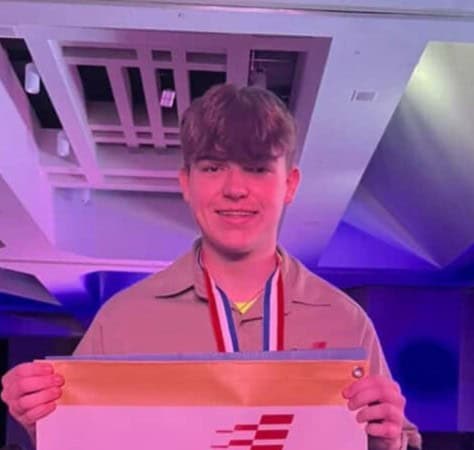
HireSmart Cares U.S. Career Assistance — Peyton’s Story
Even in silence, Madison County's Peyton Sartain keeps a beat as works on electrical wiring. "If the song has a good beat, I like it," he said. "So, in my head, I'm just trying to play a good beat." The music in Sartain's head is a winning tune. The rising Madison County High School…
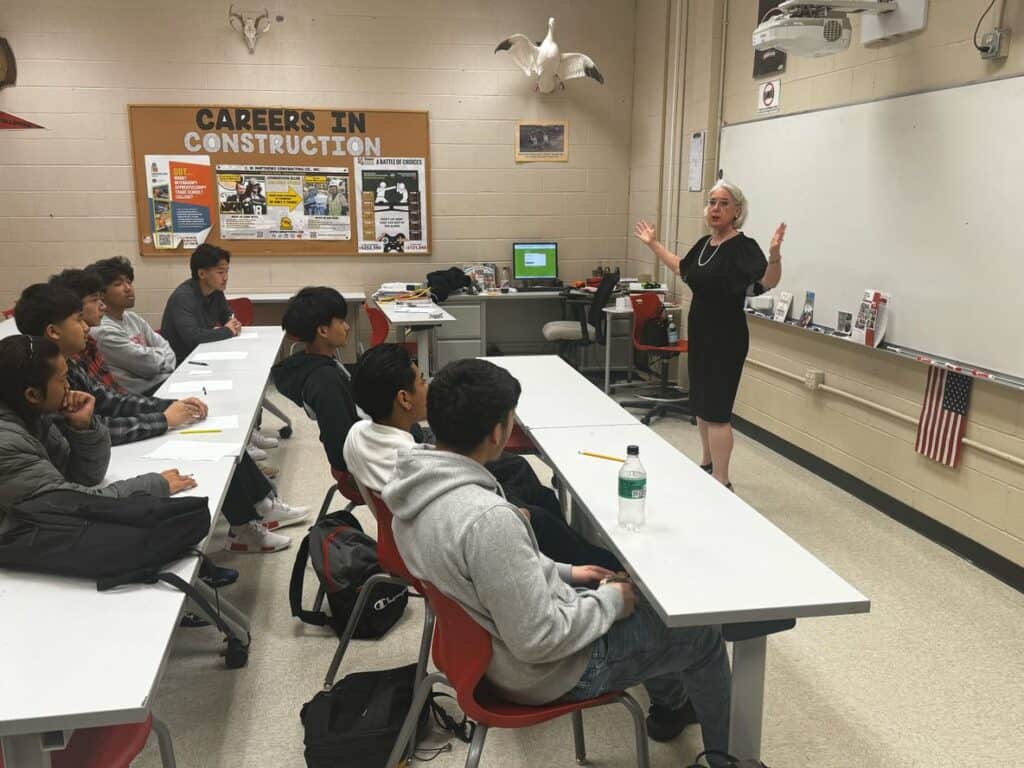
Real-Life Lessons in Job Hunting: HireSmart Cares CEOs Share Tips with MCHS Construction Class
What makes a resume stand out? How do you prepare for an interview, and what are good questions to ask a potential employer in a job interview? HireSmart Cares co-founders and CEOs Anne and Mark Lackey, who have created and run successful real estate and international staffing businesses, recently shared answers to those questions with…
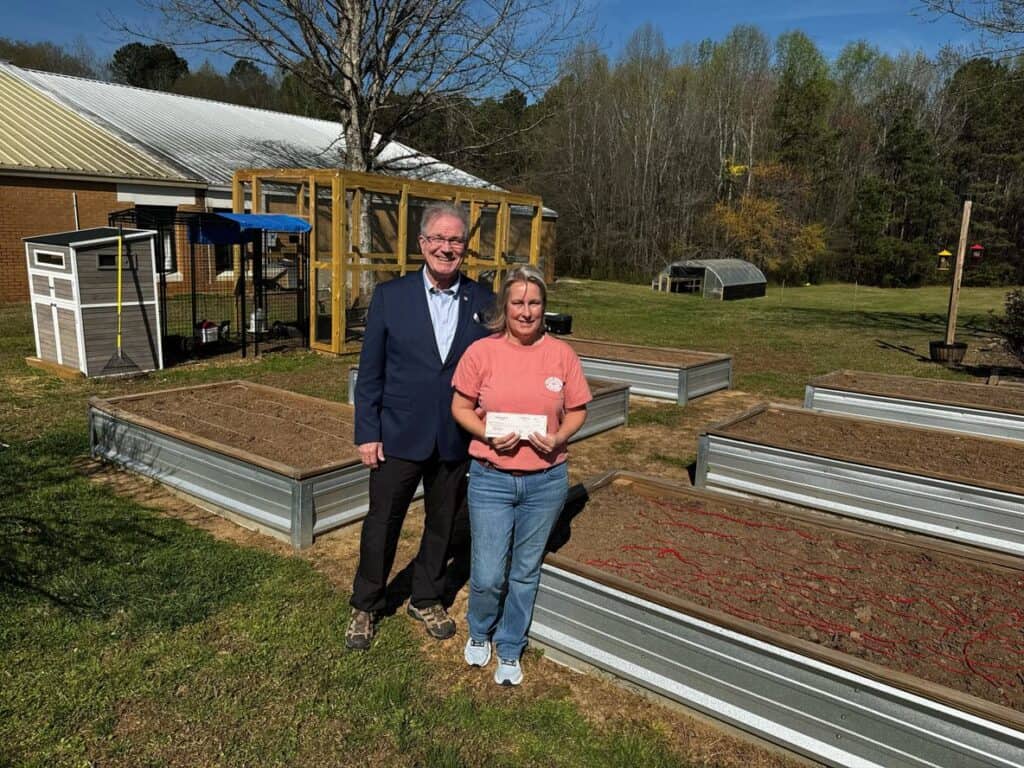
HireSmart invests in future farmers at Colbert Elementary
It’s not Dasher and Dancer, and Prancer and Vixen — remember the Rudolph song? Try Charlotte, Pumpkin, Nugget, and Flappy. Those are the chickens at the mini-farm at Colbert Elementary School where teacher Jenny Heath shows over 400 students the joys and satisfactions in the disciplined care of animals and crops. “Students are learning the…
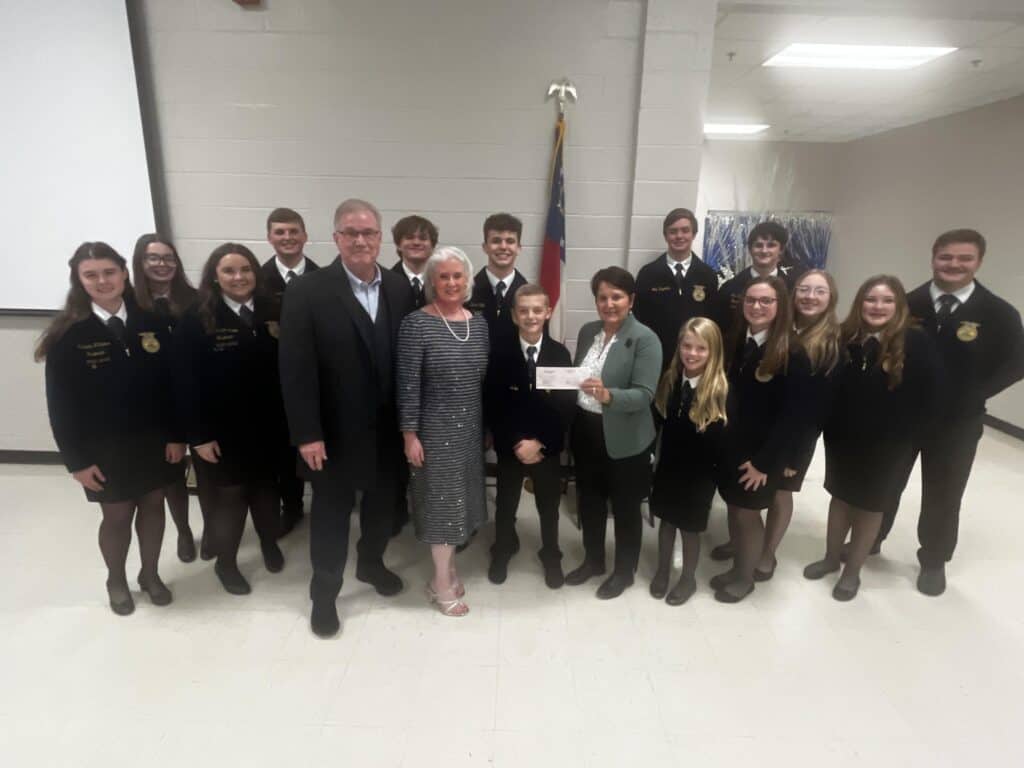
Expanding Ag Access: HireSmart Cares donates $50K for MCHS barn expansion, giving more students ag opportunities
Madison County High School student Gavin Heath lives in a subdivision in Hull, but he's learning to be a farmer as he cares for pigs "Tom and Jerry" at the MCHS ag barn. The freshman loves the camaraderie with other students at the facility who also care for show animals. "It's a family we've created…
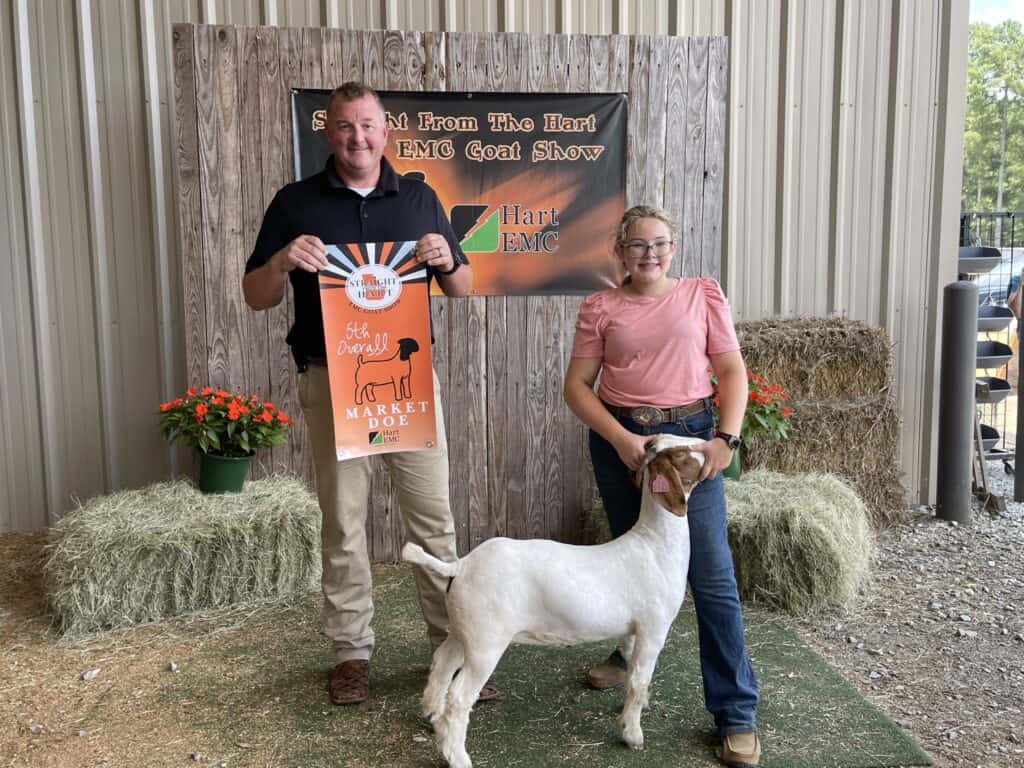
HireSmart U.S. Ag Assistance — Ava’s Story
Ava Willoughby recently got a taste of being a veterinarian when she had to care for her sick goat, Lupe, through the night. “We had to give her medicine throughout the night, every four hours,” said the eighth grader, who watched Lupe recover and regain her appetite. Ava loves the feeling of helping animals and…
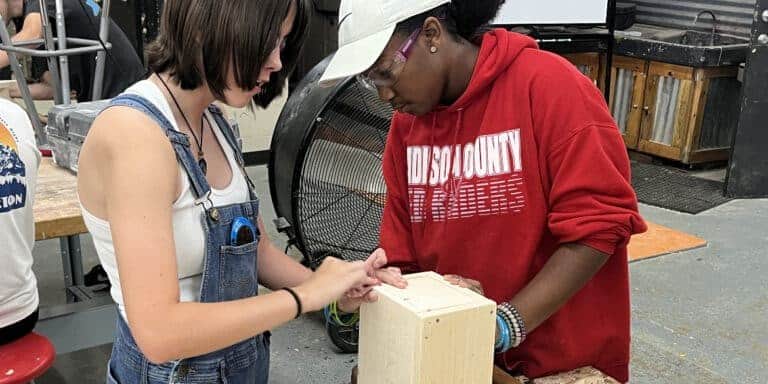
HireSmart Awards Grants to Construction Classes
Humans need four walls and a roof, food, running water, electricity, and furniture. Each generation must meet the hands-on demands of supplying such things, and HireSmart Cares wants today’s kids to have the tools and teaching they need to be self-sufficient in meeting society’s basic needs in the future. That’s why HireSmart funds U.S. agricultural…
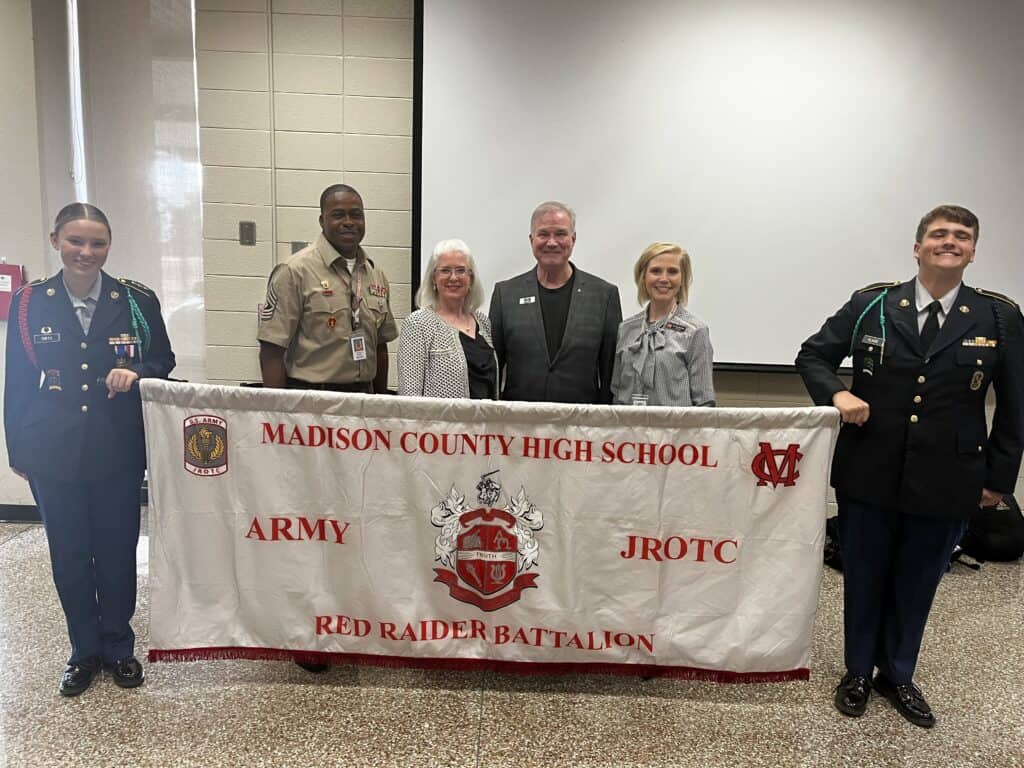
Flight Plan for Success: HireSmart Helps JROTC Launch Drone Program
T-minus 10, 9, 8, 7…Madison County High School's drone program is about to lift off with help from HireSmart Cares. High school students will see the town of Danielsville from above the treetops in months and years to come as a new JROTC drone program opens their eyes to the latest in aerial technology and…
